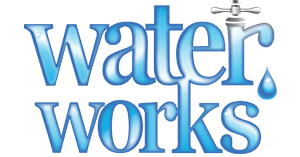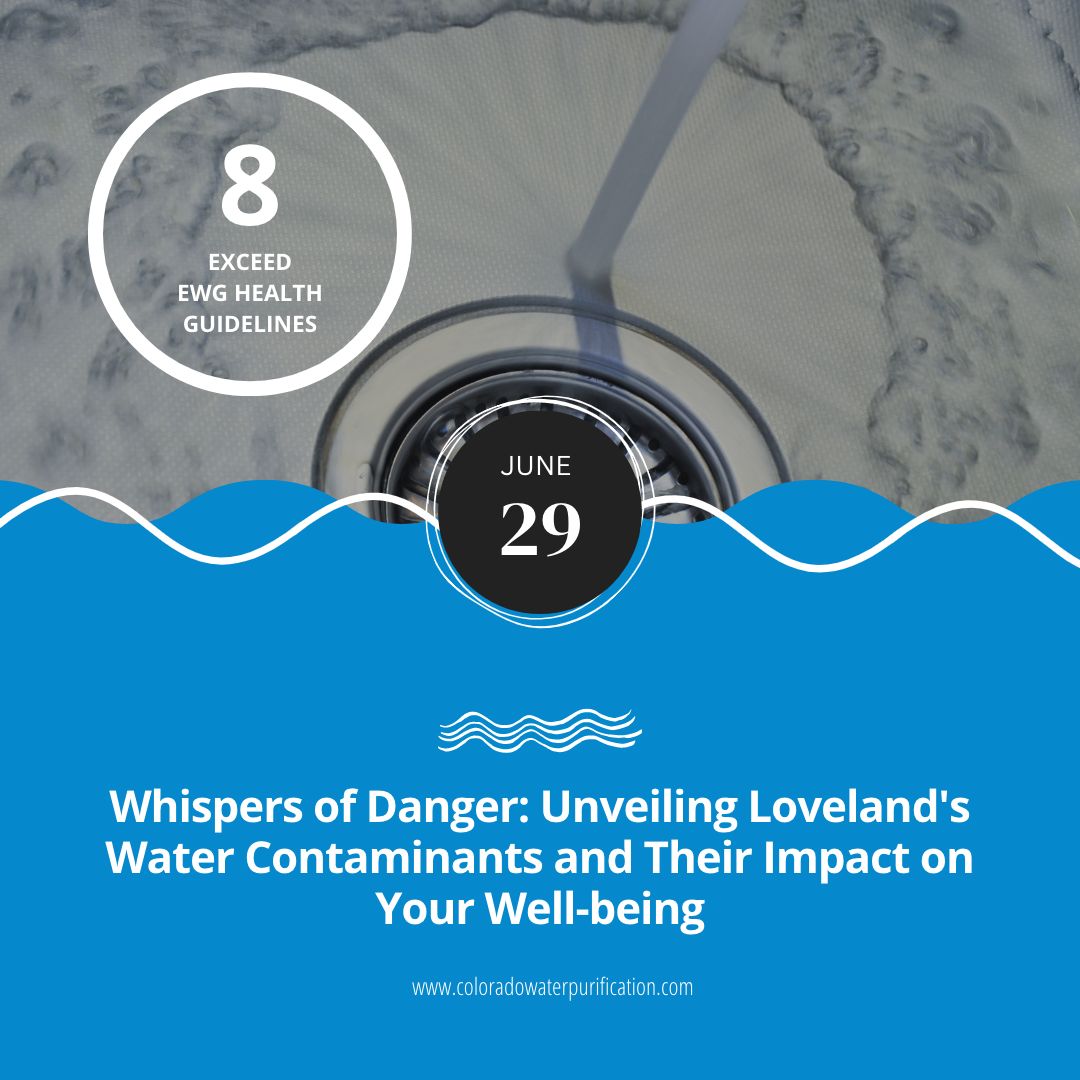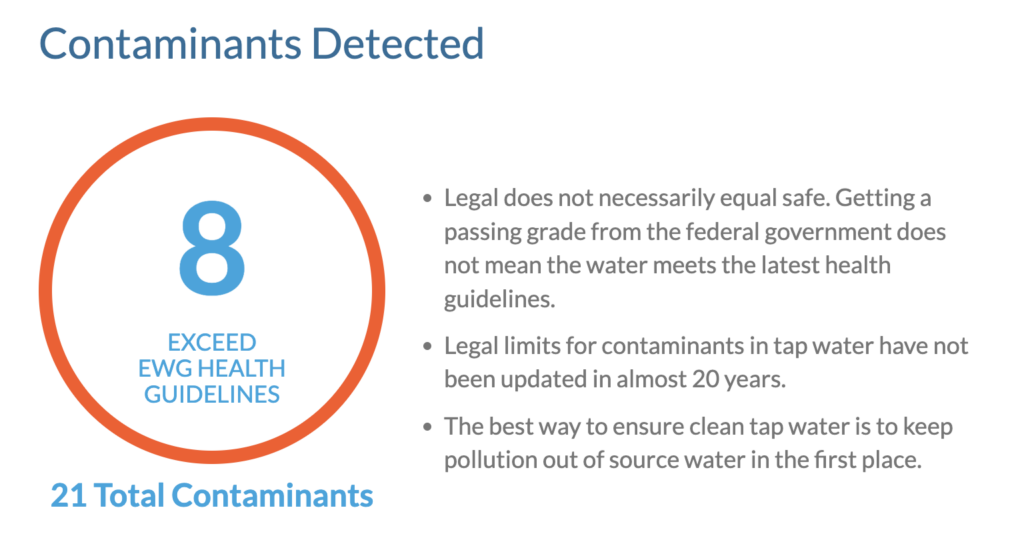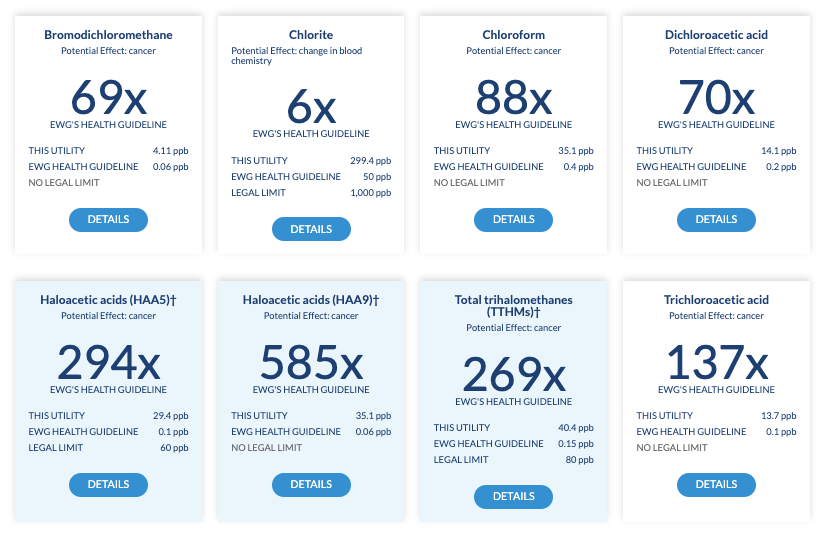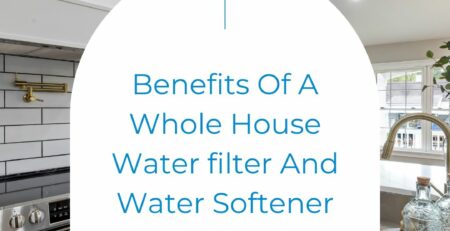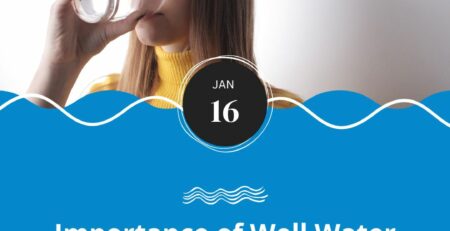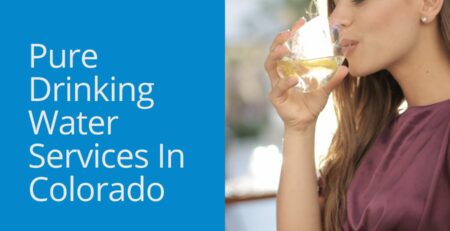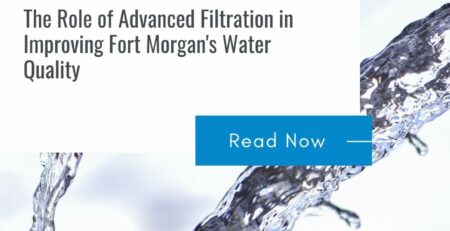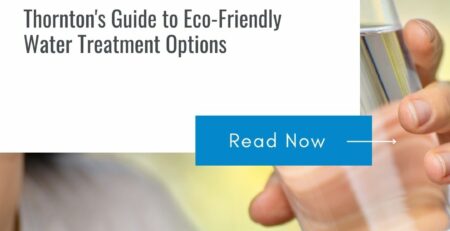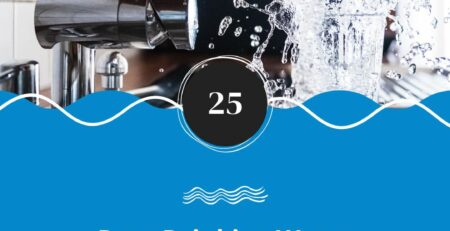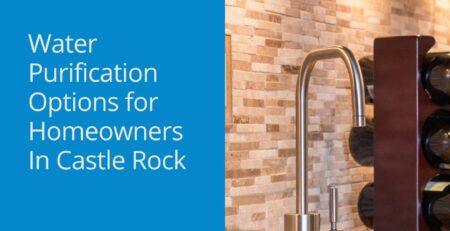Whispers of Danger: Unveiling Loveland’s Water Contaminants and Their Impact on Your Well-being
Nick2023-06-27T10:59:26-06:00Water is an essential resource for our daily lives, but what if the water we rely on is contaminated? Recent findings by the Environmental Working Group (EWG) have brought to light concerning levels of contaminants in Loveland’s water supply. In this blog, we will delve into the specific contaminants discovered in Loveland’s water and the potential risks they pose to your health. It is crucial to understand these risks and take necessary steps to safeguard your well-being and the well-being of your loved ones.
Unmasking the Threats:
Loveland’s water supply contains nine contaminants that exceed the EWG health guidelines. These contaminants include:
- 1,1-Dichloroethane (1,1-DCE)
- Barium (Ba)
- Chlorite (ClO2)
- Chloroform (CHCl3)
- Dichloroacetic acid (DCA)
- Haloacetic acids (HAA5)
- Total trihalomethanes (TTHMs)
Among these contaminants, those classified as known carcinogens pose the greatest concern. These include 1,1-DCE, barium, chloroform, DCA, HAA5, and TTHMs. These substances have been linked to liver damage, kidney damage, reproductive problems, and even cancer. Vulnerable populations, such as children and pregnant women, are at higher risk and require special attention.
Balancing Legal Limits and Health Guidelines:
While the Environmental Protection Agency (EPA) has established legal limits for these contaminants, it is important to note that the EWG health guidelines are considered to be more protective of public health. These guidelines are based on the latest scientific research and provide a higher standard of safety. Given the potential risks associated with these contaminants, it is advisable to prioritize the health guidelines when assessing the safety of Loveland’s tap water.
Protecting Your Health:
If you are concerned about the quality of your tap water, it is crucial to seek professional advice. Consult your doctor or a water quality expert who can provide personalized guidance based on your specific circumstances. Additionally, consider installing a water filtration system to remove contaminants and ensure the safety of your drinking water. Select a filtration system that effectively targets the identified contaminants to provide maximum protection for you and your family.
Loveland’s water supply contains contaminants that exceed health guidelines, posing potential risks to your well-being. It is essential to be aware of the specific contaminants and the associated health hazards. By understanding the risks, seeking expert advice, and employing suitable water filtration methods, you can take proactive steps to protect yourself and your loved ones. Stay informed, prioritize your health, and take action to ensure the safety of Loveland’s tap water.
